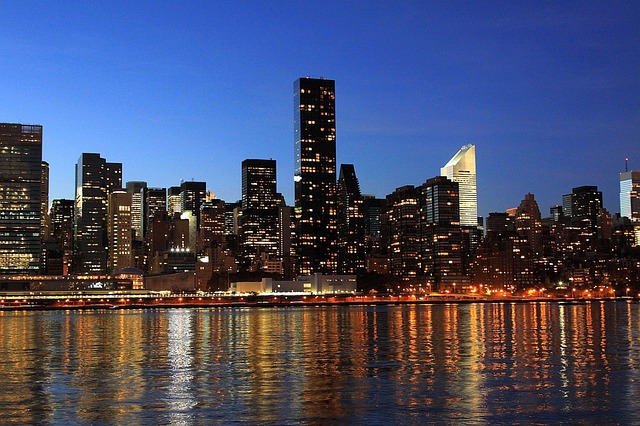Globalization
Imagine you live a few centuries ago. You're a peasant on some medieval estate. No one you know has ever traveled more than 20 miles from the manor estate. Your parents and your parents' parents and so on back through the generations have plowed the very same tract of land that you plow now (or at least they plowed that land until they died of extreme old age in their mid-30s). Everything you use was either made by you or by one of your neighbors, using raw materials grown or found in an area you can see by walking up a big hill.
That's not a globalized world. It's hyper-localized.
Now, fast-forward a few hundred years. You're sitting on couch designed in Sweden, watching a Korean TV show based on a German novel on a television made in Taiwan, while using a phone assembled in China to tweet at some dufus in Australia who said something stupid about your favorite Spanish soccer team. That's a globalized world.
The process of getting from hyper-local feudal manors to everyone in the world being a click away from everyone else is called "globalization." It describes the interconnectedness of people, corporations, and governments across the world.
 )
)